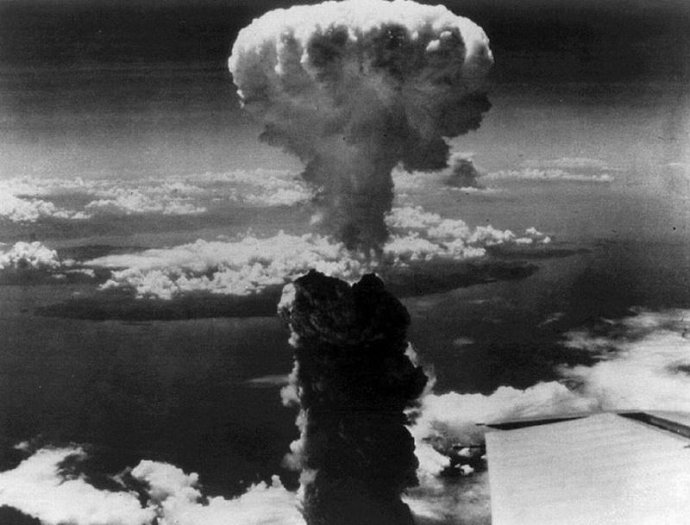Physicists are notoriously scornful of scientists from other fields. When the wife of the great Austrian physicist Wolfgang Pauli left him for a chemist, he was staggered with disbelief. "Had she taken a bullfighter I would have understood," he remarked in wonder to a friend. "But a chemist . . ." It was a feeling Rutherford would have understood. "All science is either physics or stamp collecting," he once said, in a line that has been used many times since. There is a certain engaging irony therefore that when he won the Nobel Prize in 1908, it was in chemistry, not physics.

For all his success, Rutherford was not an especially brilliant man and was actually pretty terrible at mathematics. Often during lectures he would get so lost in his own equations that he would give up halfway through and tell the students to work it out for themselves. According to his longtime colleague James Chadwick, discoverer of the neutron, he wasn’t even particularly clever at experimentation. He was simply tenacious and open-minded. For brilliance he substituted shrewdness and a kind of daring. His mind, in the words of one biographer, was "always operating out towards the frontiers, as far as he could see, and that was a great deal further than most other men." Confronted with an intractable problem, he was prepared to work at it harder and longer than most people and to be more receptive to unorthodox explanations. His greatest breakthrough came because he was prepared to spend immensely tedious hours sitting at a screen counting alpha particle scintillations, as they were known—the sort of work that would normally have been farmed out. He was one of the first to see—possibly the very first—that the power inherent in the atom could, if harnessed, make bombs powerful enough to "make this old world vanish in smoke."











